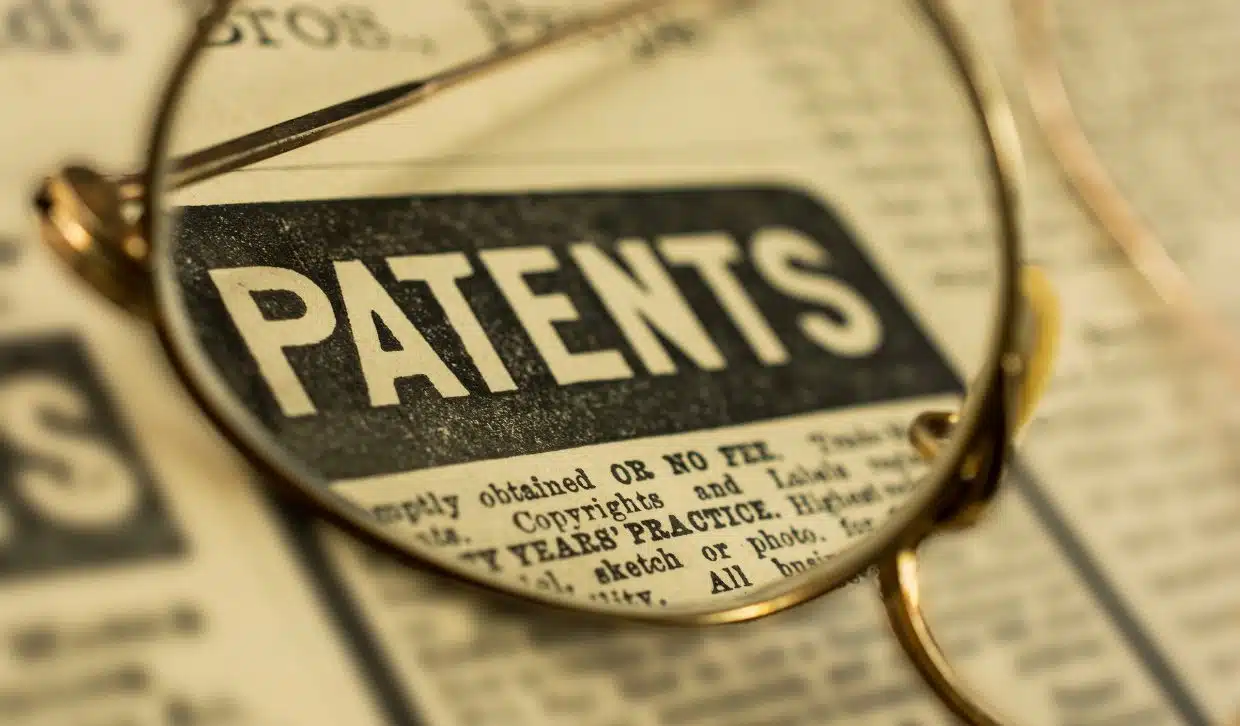Why would a business need to know the value of a patent, patent family, or patent portfolio it owns. There are several reasons.
First of all, most patents that are assigned to businesses do not appear as an asset on the Balance Sheets of the companies that own them! Not surprisingly, many business owners and executives are shocked when they learn this. The reason is that patents do not come into existence as other corporate assets do.
A business buys a truck. The expenditure for the truck is an expense on the Profit-and-Loss Statement that becomes an asset on the company’s Balance Sheet. But when a company applies for a patent, the application and prosecution fees are written off as an expense in the years they are expended. When the patent is granted – two to three years later – no accounting transaction occurs like a check being issued to pay for the afore-referenced truck.
A beautiful patent with a gold crest and red ribbon arrives. It is either framed and hung on the wall or it is put in a file cabinet. What does NOT occur is any kind of accounting transaction that makes the patent appear as an asset on the company Balance Sheet.
In such cases, the company should contact a full-service patent brokerage firm have a patent valuation performed for all of its granted patents and then use those valuations to document each patent’s value so they can be added to the Balance Sheet under Intangible Assets. This also applies to trademarks and service marks. Adding unrecorded patents to a business’s Balance Sheet can add hundreds of thousands – even millions – of dollars of new assets to a business’s net worth, dramatically improving a business’s debt-to-equity ratio. And that can both improve the ability of the business to secure financing and reduce the cost of borrowing! If it is a publicly traded company, it should have a positive effect on the stock price.
If you are an inventor with a patent or patents, you can have them appraised and list them as assets when, for example, you apply for a mortgage. Finally, if you are looking to sell or license your patent or portfolio, a professional valuation of your IP can give you an understanding of what it might sell for. Additionally, when a couple divorces, both may be required to report on their assets, and that would include patents held by either party.
When a person dies and the estate needs to be probated, the vale of the estate cannot be determined unless any patents owned by the decedent have been properly valued. And the estate may want to then contact a patent broker about placing those patents for sale to possibly generate additional revenue for the benefactors of the estate.
Finally, when a business is sold or it acquires another business, and the business owns patents, the true value of the business cannot be determined unless the company’s Intangible Assets (that where patents appear on a corporate Balance Sheet) have been professionally valued.




